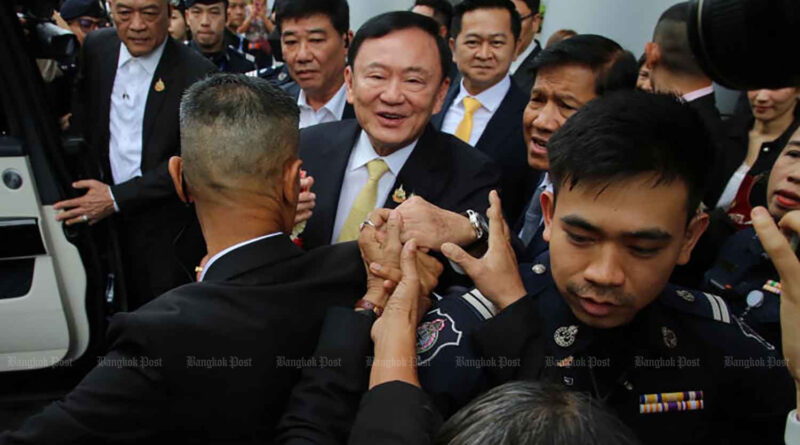Thaksin acquittal sparks debate
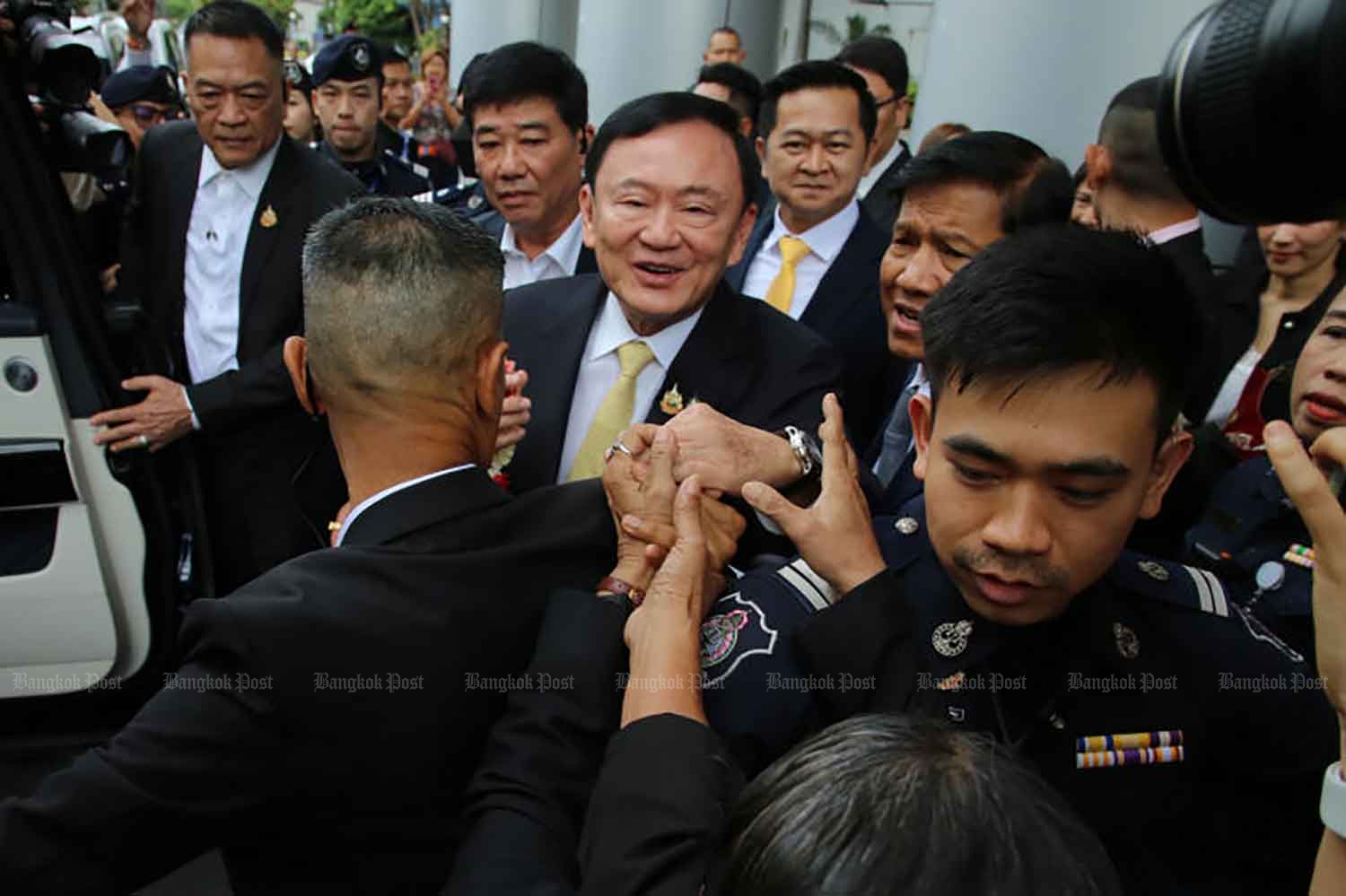
The Criminal Court’s decision on Aug 22 to dismiss a lèse-majesté case against former prime minister Thaksin Shinawatra has triggered intense debate among academics, legal scholars, and politicians, highlighting long-standing concerns about fairness, transparency, and consistency in the judicial system.
Thaksin was indicted under Section 112 of the Criminal Code and the Computer Crimes Act for remarks made in a 2015 interview with South Korean media while he was living in self-imposed exile.
The Office of the Attorney General (OAG) claimed his comments defamed the monarchy, but the court ruled prosecutors had failed to prove the remarks directly referred to the King or members of the royal family.
Thaksin’s lawyer, Winyat Chartmontree, said the court dismissed the case on several grounds. Central to the decision was that the subject mentioned in Thaksin’s statements was not clearly identified as any individual protected under Section 112.
Safeguards against misuse
Olarn Thinbangtieo, a political science and law lecturer at Burapha University, said the judgment reflected factual reasoning: Thaksin’s language did not directly implicate the King, the heir apparent, or core members of the royal family, which is required for a conviction under Section 112.
On that basis, the court gave him the benefit of the doubt.
Mr Olarn, however, noted a troubling contrast with other lese majeste defendants, particularly young activists, many of whom were denied bail despite the presumption of innocence.
While Thaksin was granted bail, activists caught up in political conflicts often languished in pretrial detention, he said.
He added that Section 112 is vulnerable to political misuse, with complaints sometimes filed as a tool against opponents.
To prevent abuse, Mr Olarn suggested forming a committee to screen all lese majeste complaints before they proceed to court.
The body should include prosecutors, judges, academics, and civil society representatives, operating similarly to a prosecutor’s screening panel but with broader representation to ensure fairness.
As for whether Thaksin’s acquittal could set a precedent, Mr Olarn said the ruling suggests that statements not directly naming the King or immediate royal family members should fall outside the scope of Section 112.
However, this reasoning would not apply to other acts, such as defacing royal portraits.
“It remains to be seen whether the prosecutors will appeal,” Mr Olarn said.
“The public is closely watching for any sign of behind-the-scenes deals or interference in the judicial process.”
Judicial consistency
Jade Donavanik, a legal scholar and dean of the faculty of law at Dhurakij Pundit University, however, said it may be premature to treat the ruling as a legal precedent because the case is likely to be appealed.
He said that because of the wide public attention, the judiciary should take a more strategic approach by studying and comparing rulings in similar cases to establish consistency and explain the reasoning behind their decisions.
The public needs to understand why, in some cases, defendants are convicted while in others the same reasoning results in acquittals, he said.
Critics already accuse the courts of double standards.
“If the defendant is linked to the three-finger protest movement or the orange camp, convictions are common. But when it’s Thaksin, he walks free,” Mr Jade said.
Mr Jade stressed the lese-majeste law itself is not the problem, but rather its application and interpretation, which have long been the subject of debate.
“Some people ask why simply liking or sharing content online…where no royal name was explicitly mentioned was enough for someone to face charges, yet in Thaksin’s case, the court ruled otherwise,” he said.
He said the justice system should adopt a consistent and strategic approach in all lese majeste cases, because such cases draw international attention.
The explanations given by the court must be those that most observers, whether they agree or disagree, can accept, he said.
“Citing ‘weak evidence’ in Thaksin’s case without comparing it to the weakness of evidence in other cases where defendants are convicted in higher courts could deepen the controversy,” he said.
However, the legal scholar said lower courts sometimes adopt broader reasoning that differs from higher courts. “I believe the prosecutors will almost certainly appeal. If they do not view this strategically, the situation will worsen,” he said.
‘Not a precedent’
Nipit Intarasombat, a lawyer and former Democrat MP, said Thaksin’s case should not be treated as a benchmark because each lese-majeste case is fact-specific.
He argued the real issue was whether Thaksin’s use of the pronoun “he” during the 2015 interview referred to King Rama IX, as prosecutors alleged.
The court concluded it did not.
“Thaksin referred to groups including the military, privy councillors, and palace officials. The court ruled that he did not mean the King, and acquitted him,” Mr Nipit said.
Although Mr Nipit disagreed with the ruling, he said he respected the court’s discretion.
Still, he urged the Office of the Attorney General to appeal, warning that failure to do so could erode public trust in the justice system.
“If prosecutors routinely appeal other lese-majeste cases but decline in Thaksin’s case, it will fuel perceptions of inequality before the law,” he said.
Mr Nipit said an appeal would not involve new evidence but would require higher courts to reassess the weight of existing material.
OAG spokesman Sakkasem Nisaiyok said the Attorney General holds exclusive authority to initiate an appeal because the case is classified as an extraterritorial offence.
The office has 30 days from the ruling to decide, with the option of extending the deadline in 30-day increments, as allowed by procedure.
Mr Nipit also supported Mr Olarn’s call for a multi-party committee to vet lese-majeste complaints. He said the idea dates back to the Abhisit Vejjajiva administration but has yet to be implemented.
“Such a body, comprising prosecutors, police, experts, academics, and civil society representatives, would help filter cases and prevent Section 112 from being exploited,” he said.
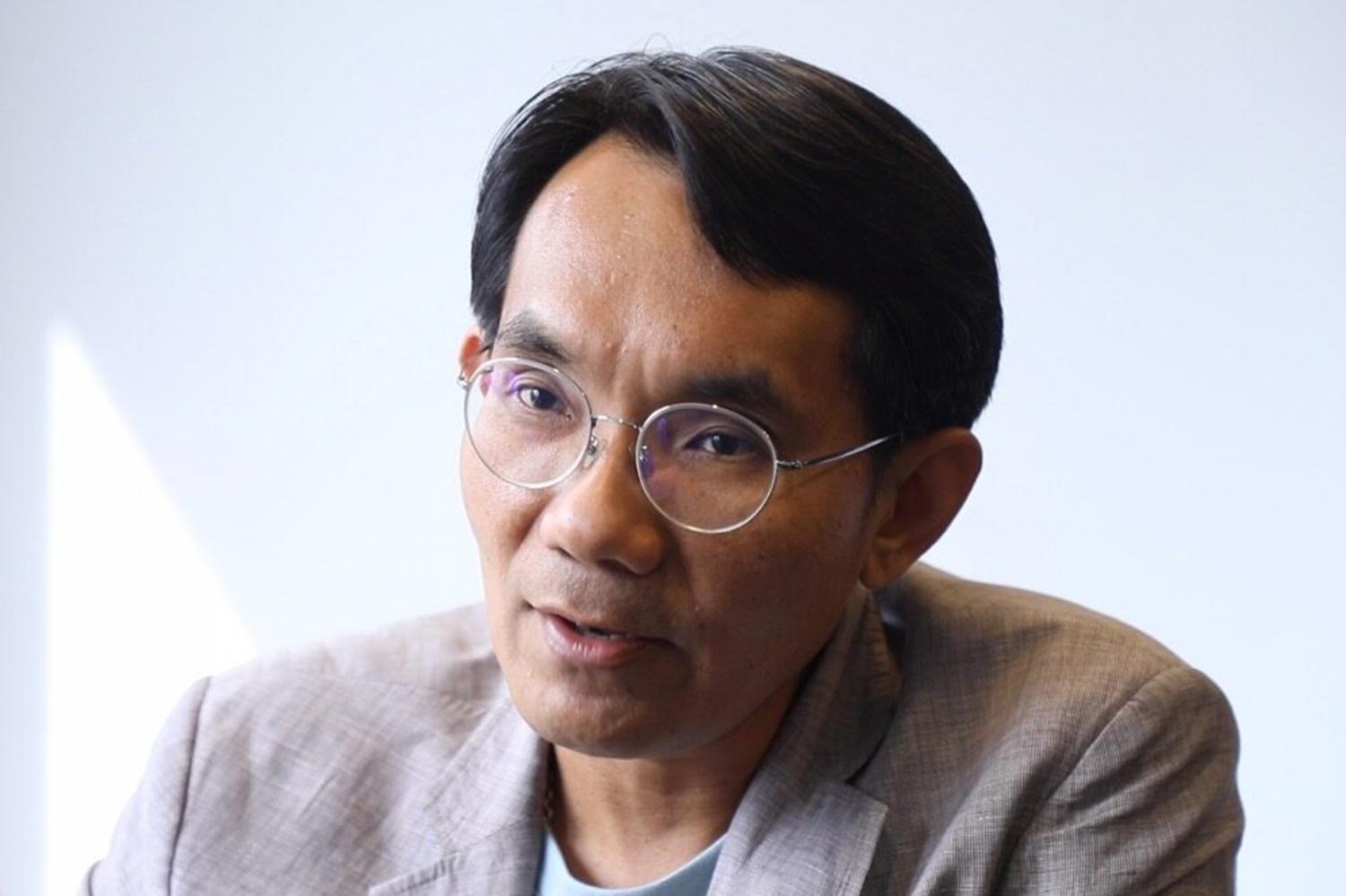
Olarn: Judgement shows sound reasoning
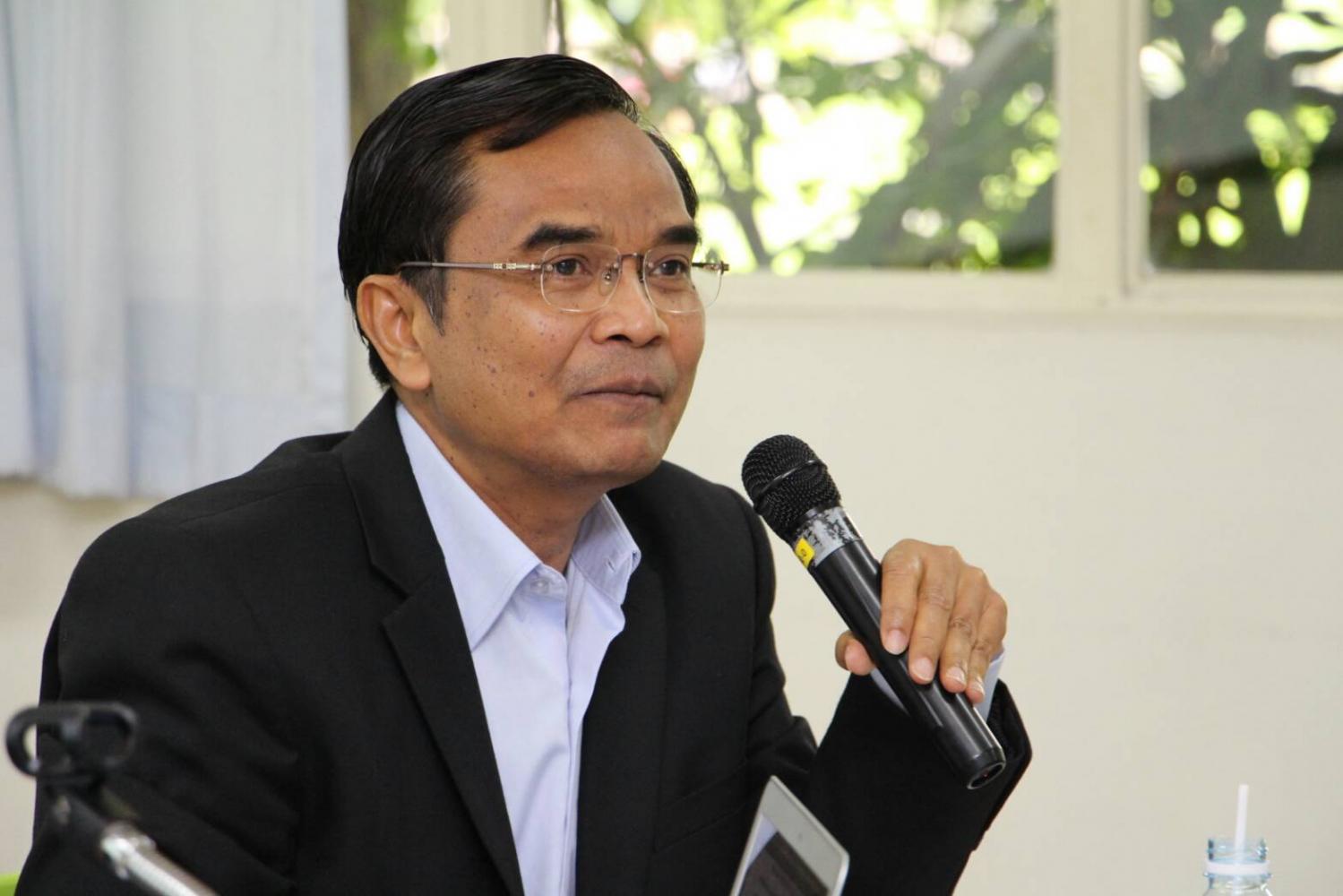
Nipit: Case likely to be appealed
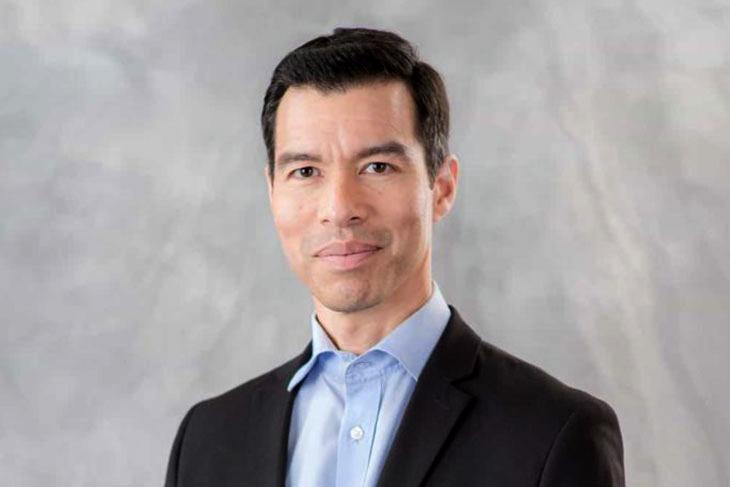
Jade: Respects court’s discretion
Source – Bangkok News

